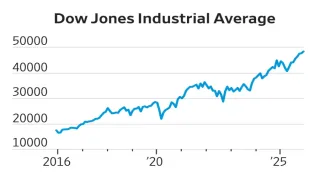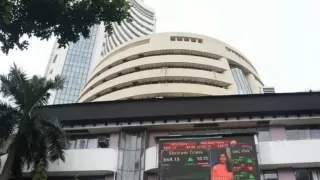The Securities and Exchange Board of India (SEBI) has imposed a five-year ban on Anil Ambani, Chairman of the Reliance Anil Dhirubhai Ambani Group (ADAG), along with 24 other entities. The decision stems from SEBI’s findings in the case involving Reliance Home Finance Ltd (RHFL), a non-banking finance company (NBFC) primarily engaged in housing loans, loans against property, and construction finance. The investigation revealed a complex web of financial mismanagement and fraudulent activities orchestrated under the leadership of Anil Ambani and key managerial personnel (KMPs) of RHFL.
The Allegations and SEBI’s Findings
The investigation into RHFL was initiated by SEBI after receiving multiple complaints about the diversion or siphoning of funds within the company. RHFL was a significant player in the NBFC sector, with Reliance Capital Ltd (RCL) holding a 47.91% stake in the company. Anil Ambani served as a promoter and non-executive, non-independent director of RCL during the financial year 2018-19, a period marked by suspicious financial activities.
SEBI’s investigation uncovered a substantial increase in the loans extended by RHFL to various corporate entities. The loans surged from Rs 3,742.60 crores in 2017-18 to Rs 8,670.80 crores in 2018-19. However, the disbursement of these loans was highly irregular. A significant portion of these loans, General Purpose Working Capital (GPC) loans, was granted to borrowers with extremely weak financial standings. These entities had negative or negligible net worth, profits, assets, and cash flows, and lacked viable business operations. Despite these red flags, RHFL disbursed these loans without collateral or security, which baffled regulators.
According to SEBI’s detailed 222-page order, RHFL disbursed 97 GPC loans amounting to Rs 8,470.65 crores to 45 entities during FY2018-19. The investigation further revealed that 62 loan applications, worth Rs 6,187 crores, were approved on the same day, with 27 loans disbursed on the day of application. This hasty approval process raises serious concerns about the due diligence and credit assessment processes followed by RHFL.
On February 11, 2019, RHFL’s board directed the company to stop disbursing GPC loans. Despite this directive, RHFL continued to approve and disburse loans under the influence and approval of Anil Ambani, who, though an outsider to RHFL, acted as Group Head of Reliance ADA Group. Between February 11, 2019, and March 31, 2019, Ambani approved 14 loan applications amounting to Rs 1,472.16 crores.
SEBI’s Observations and Penalties
SEBI’s order noted that by March 31, 2019, nearly half of RHFL’s assets were tied up in GPC loans disbursed to dubious and credit-unworthy entities. Despite this, RHFL’s financial statements for FY2018-19 projected a very low Expected Credit Loss (ECL), a measure of anticipated future losses on loan exposure. SEBI concluded that RHFL had widely deviated from standard credit due diligence processes, leading to the eventual declaration of these loans as Non-Performing Assets (NPAs).
The investigation also revealed that the disbursed GPC loans were directly or indirectly routed to entities related to the Reliance ADA Group. The disbursement of these loans, coupled with a lack of interest in recovering the dues, pointed to a deliberate attempt to transfer funds, benefiting Anil Ambani either directly or indirectly.
As a result of these findings, SEBI imposed a cumulative penalty of over Rs 625 crores on Ambani and the 24 other entities involved. Additionally, Ambani has been fined Rs 25 crores for orchestrating a fraudulent scheme that significantly undermined stakeholder confidence in RHFL and tarnished the integrity of governance structures in regulated financial sector entities.
Anil Ambani’s Response and Legal Options
Following SEBI’s final order dated August 22, 2024, Anil Ambani is exploring legal avenues to challenge the decision. His spokesperson confirmed that Ambani had resigned from the boards of Reliance Infrastructure and Reliance Power following SEBI’s interim order on February 11, 2022, and has been in compliance for over two years. Ambani is now reviewing the final order and considering appropriate legal actions.
Market experts anticipate that Ambani may approach the Securities Appellate Tribunal (SAT) to challenge SEBI’s ban. Given the precedence of swift SAT rulings, there is speculation that Ambani may secure a stay on the SEBI order, which could lead to a temporary relief rally in Reliance ADAG stocks. However, investors are advised to exercise caution, as the volatility in these stocks is expected to persist until a clear resolution is reached.
Also Read: 8 Overnight Changes in Indian Stock Market: Gift Nifty, US Rally























